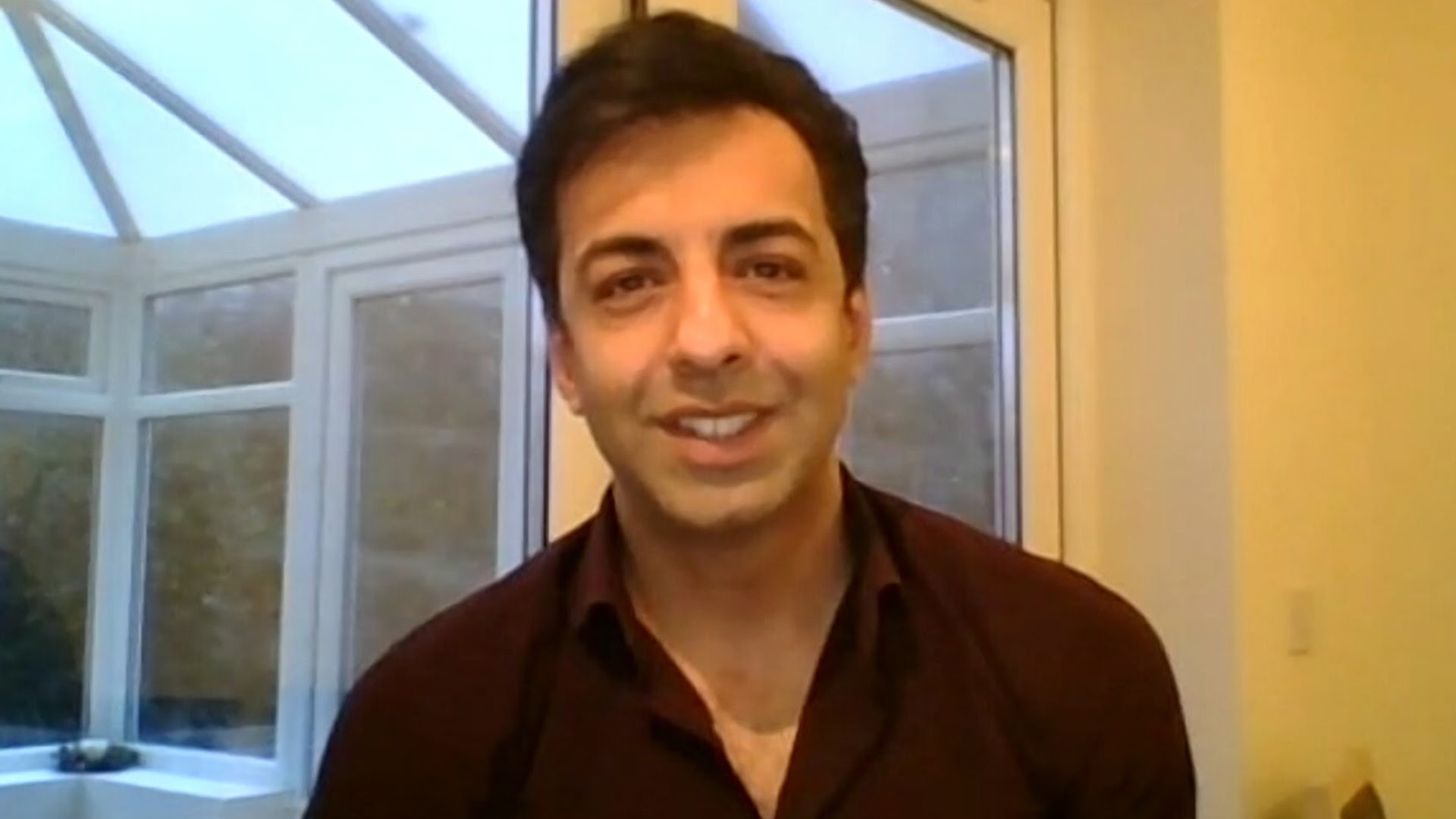 AI
AI
 AI
AI
 AI
AI
From remote learning to virtual medical procedures, everything depends on efficient data communication both during and after a global pandemic. And managing data networks to avoid service interruptions is a major challenge for the telco industry.
Dependent on a highly heterogeneous computing environment, consisting of software-defined networks, hybrid clouds and edge computing, global communications giant Verizon relies on artificial intelligence operations to better identify the root cause of possible system problems and resolve it more quickly to avoid costly outages, according to Usman Nasir (pictured), global product management at Verizon.
“The immediate [impact of AIOps] would be to reduce the number off alarms that are being generated by these overlay [infrastructure] services,” he said. “All of this means that if there is an outage on one device on the network … the network does not stop all of those multiple applications for monitoring tools from raising havoc and raising thousands of alarms. If people are attending to those thousands of alarms, it’s like you have a police force … you want to investigate where the problem is.”
Nasir spoke with Lisa Martin, host of theCUBE, SiliconANGLE Media’s livestreaming studio, during the AIOps Virtual Forum. They discussed the challenges imposed on organizations by the increasing demand for digital products and services, how AIOps platforms can help companies navigate this environment, and how Verizon adopts AIOps to identify problems in their infrastructure and ensure security. (* Disclosure below.)
AIOps platforms can also help enterprises to ensure data integrity and security, according to Nasir. Businesses often have separate network and security teams, each looking for different issues. But there are security events that can impact the performance of the network, which can be falsely attributed to the network.
“If you’ve got multiple parties … you can imagine the blame game that goes on, pointing fingers, taking names, not taking responsibility,” Nasir stated. “This is the only way to bring it all together, to say: OK, this is what takes priority. If there’s an event that has happened, what is its correlation to the other downstream systems, devices, components and user applications? And, subsequently, isolate the right cause where you can most effectively resolve that problem.”
Another benefit of AIOps comes from better allocation of on-demand virtualized resources. Businesses can automate this allocation according to customers consumption patterns, for example.
“If typically on a Wednesday their traffic goes up significantly from this particular application, this particular data center, you could have this automated AIOps, which is just providing those resource on demand and telling us to have a much better commercial engagement with customers,” Nasir explained.
In addition, AIOps platforms allow operations teams to see the context of the criticality of transactions, which would not be possible without artificial intelligence, according to Nasir.
“For that, you need to have multilayer data, you need to have multiple systems which are monitoring and controlling different aspects of your overall end-user application value chain to be communicating with each other. And that only happens with AIOps. It’s not possible without them,” Nasir concluded.
Watch the complete video interview below, and be sure to check out more of SiliconANGLE’s and theCUBE’s coverage of the AIOps Virtual Forum. (* Disclosure: TheCUBE is a paid media partner for the AIOps Virtual Forum. Neither Broadcom Inc., the sponsor for theCUBE’s event coverage, nor other sponsors have editorial control over content on theCUBE or SiliconANGLE.)
THANK YOU